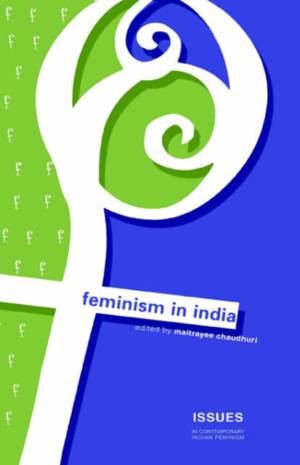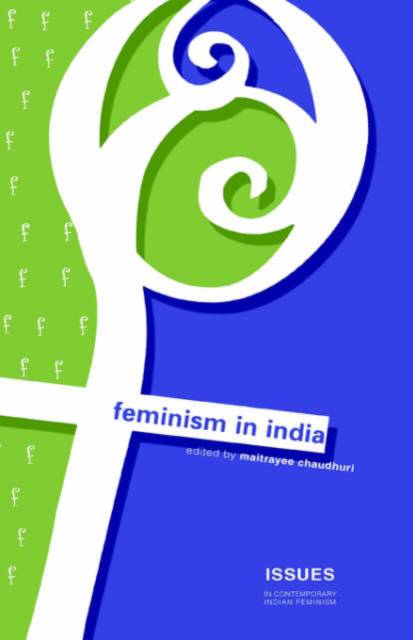
- Retrait gratuit dans votre magasin Club
- 7.000.000 titres dans notre catalogue
- Payer en toute sécurité
- Toujours un magasin près de chez vous
- Retrait gratuit dans votre magasin Club
- 7.000.0000 titres dans notre catalogue
- Payer en toute sécurité
- Toujours un magasin près de chez vous
Feminism in India
195,45 €
+ 390 points
Description
Why is 'feminist' a label that some liberal, emancipated women still recoil from? Why is feminism often associated with aggressive women who disrupt social norms and harmonious families?
This book brings together the writing of prominent Indian academics and activists as they debate the issue in the context of Indian culture, society and politics, and explores the theoretical foundations of feminism in India. The inevitability of the association with western feminism, the status of women in colonial and independent India, and the more recent challenges to Indian feminism posed by the tide of globalization and the upsurge of the Hindu Right in Indian politics are discussed at length. Bridging the academic/activist, personal/political and local/global divides, this collection of feminist writing shows how the movement is part of a larger project of consolidating the liberal values of secularism and democracy. It deepens our understanding of why, despite the existence of legal and constitutional rights to prevent discrimination, women are subject to oppressive practices like dowry. Ultimately, the feminist voice merges with the voices of all disadvantaged and discriminated groups engaged in the 'battle for the recognition of difference'. This collection is an invaluable overview of the rich history of Indian feminism.Spécifications
Parties prenantes
- Editeur:
Contenu
- Nombre de pages :
- 416
- Langue:
- Anglais
- Collection :
Caractéristiques
- EAN:
- 9781842776025
- Date de parution :
- 01-04-05
- Format:
- Livre relié
- Format numérique:
- Genaaid
- Dimensions :
- 155 mm x 227 mm
- Poids :
- 680 g

Les avis
Nous publions uniquement les avis qui respectent les conditions requises. Consultez nos conditions pour les avis.





